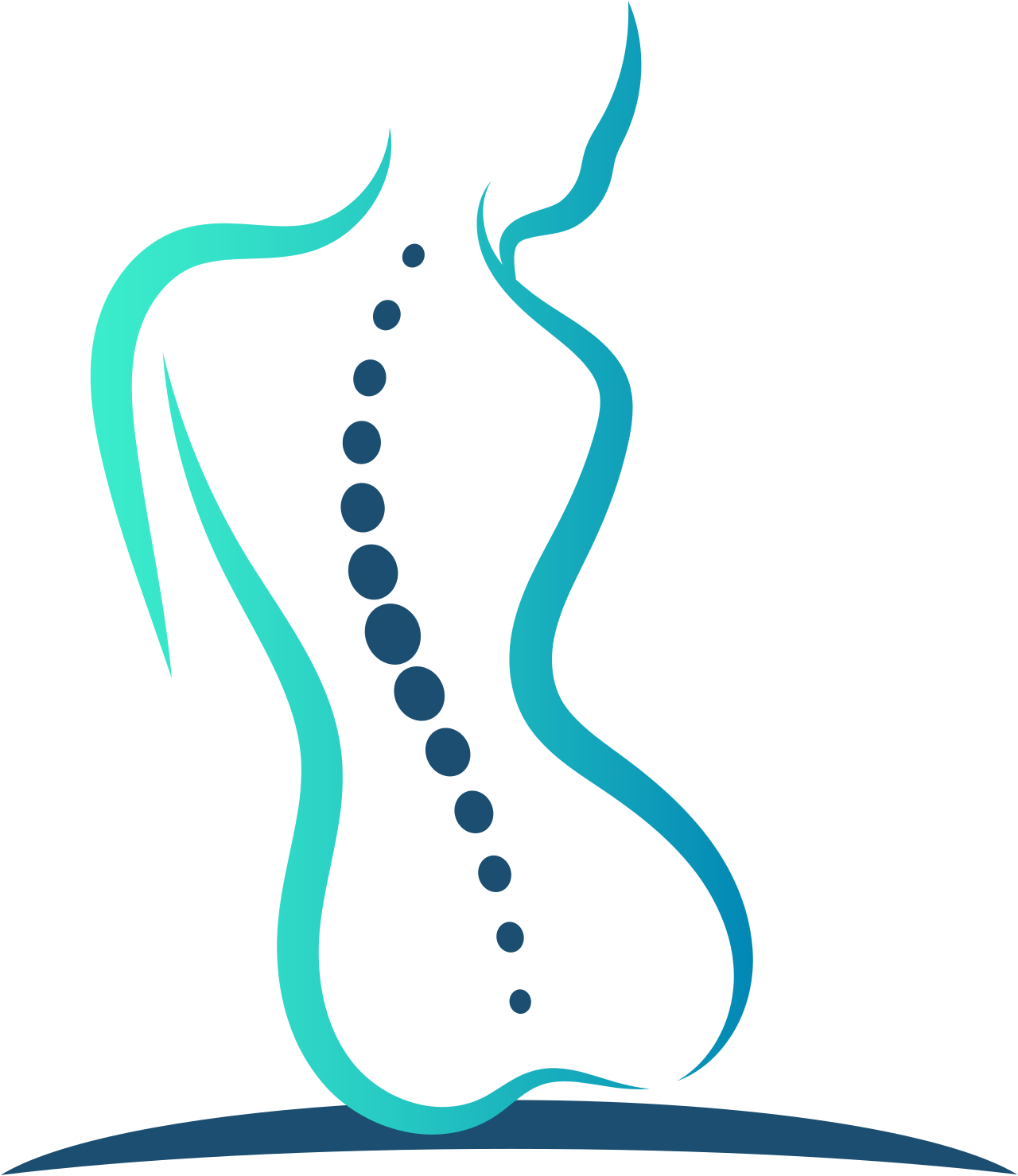How a pain management specialist can help with various types of neck pain
If you're suffering from neck pain, you know it can be debilitating and interfere with daily activities. It's a common condition that can be caused by various factors, including poor posture, injuries, underlying conditions and stress. Often, it can be treated with self-care measures such as ice, heat, and over-the-counter medications, but sometimes it can persist and require more specialized care. A pain management specialist such as Dr. Edrick Lopez at DFW Interventional Pain Institute can help when you've been experiencing chronic neck pain for two weeks or more.
In this blog post, we will discuss how a pain management doctor can help with various types of neck pain. We will delve into what neck pain is, where it comes from and the types of treatments that are administered by pain management doctors. Lastly, we will also provide you with a few tips on how to reduce further neck pain.
The musculoskeletal system: Causes of neck pain
In order to understand where the neck pain comes from and what causes it, it's important to get a general idea for how your musculoskeletal system works around your back and neck.
Your neck is composed of seven vertebrae that are supported by muscles, tendons and ligaments. This complex structure connects your head to your body and allows it to move in different directions. However, this complexity also makes it susceptible to strains, sprains and injuries that can cause neck pain.
Muscle strain, poor posture and degenerative disc disease are some of the most common conditions that cause neck pain. Muscle strain occurs when muscles are overused or stretched, while poor posture and degenerative disc disease occur as a result of aging and natural wear and tear on your neck's vertebrae, discs and joints. As you can tell, your neck pain is probably not your fault, but mostly due to the normal wear and tear on your body from your normal activities.
Common neck pain conditions we treat at DFW Interventional Pain Institute
Cervical strain or sprain: This is a common type of neck injury caused by muscle strain or ligament sprain. It can result from an acute trauma such as whiplash, or from prolonged poor posture.
Cervical radiculopathy: In this condition, a nerve in your neck gets irritated and causes pain that radiates down your arm. The most common cause of cervical radiculopathy is a herniated disc in your neck.
Cervical herniated disc: Related to cervical radiculopathy, this occurs when the soft tissue inside your disc protrudes through a tear in the outer layer, causing pressure on nerves and resulting in pain.
Cervical osteoarthritis: This condition occurs when the cartilage in your neck's joints wears down, causing inflammation and pain.
Myofascial pain syndrome: This type of neck pain is caused by trigger points or tight knots in your muscles that cause referred pain to other areas of your body.
What types of treatments are administered by pain management doctors?
If you are living with persistent neck pain, there are various treatments that a pain management doctor may recommend, depending on the root cause of your pain. These include:
Medications: Depending on the severity and cause of your pain, your pain management doctor may prescribe medications such as anti-inflammatories, muscle relaxants or injections of anti-inflammatory medications. At DFW Interventional Pain Institute, Dr. Lopez will discuss what medications may work best for your particular condition in your consultation appointment.
Physical therapy: A pain management doctor may also recommend physical therapy, which can help improve mobility, and strengthen and stretch the affected muscles and ligaments. At DFW Interventional Pain Institute, we often use a combination of medicine and physical therapy to take a well-rounded approach to pain management (which also helps strengthen you muscles and prevent further pain).
Massage: In certain cases, a pain management doctor may suggest massage therapy, which can improve blood circulation and relieve muscle tension and spasms.
Behavioral therapy: Pain management doctors may also recommend behavioral therapy, which can provide strategies to help you manage chronic pain and reduce stress and anxiety. Sometimes talking through stressful incidents in life can help relieve tension that is causing more stress on your musculoskeletal system.
What you can do to further reduce or prevent neck pain
Besides seeking the professional help of a pain management specialist, there are certain steps you can take to reduce further neck pain. These include:
Maintaining good posture: Practice good posture to ensure your neck is in a neutral position to promote good health and avoid further straining its supportive structures.
Strengthening and stretching exercises: Consider strengthening and stretching exercises, which can help maintain the flexibility, strength, and mobility of your neck muscles.
Applying heat or cold: Applying heat or cold packs can help relieve pain and ease muscle tension, but it is essential to know when to use each.
Taking a break: Take regular breaks from activities that require extended neck positioning, especially if it puts a lot of strain on your neck muscles or ligaments.
DFW Interventional Pain Institute can get you back to living your best life without chronic neck pain
If you are among the many whose quality of life is affected by neck pain, then it's essential to seek the professional help of a pain management doctor. Pain management specialists like Dr. Lopez are highly trained healthcare professionals who specialize in diagnosing and treating various types of pain, with the goal of improving your quality of life. Together with self-care measures, such as maintaining good posture, strengthening and stretching exercises and taking regular breaks, you can reclaim control of your neck pain and live life to its fullest.
If you've been experiencing chronic neck pain for two weeks or more, make an appointment with us for a consultation on how DFW Interventional Pain Institute can help you!

